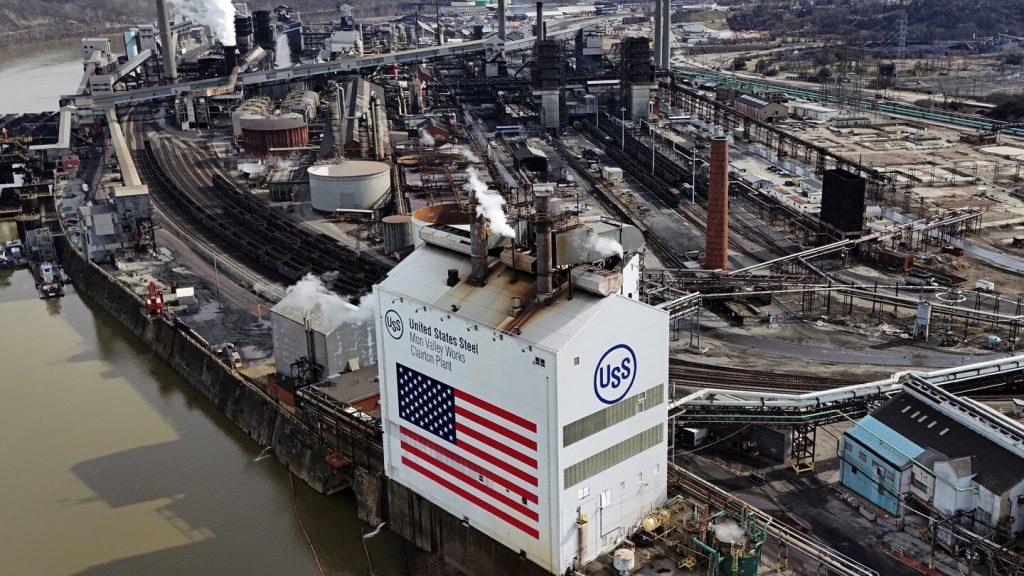U.S. Steel shareholders have approved the company’s sale to Nippon Steel of Japan for $14.1 billion in cash. The approval comes despite opposition from the Biden administration on economic and national security grounds. More than 98% of the shares voted at a special investor meeting supported the takeover. The deal has raised concerns about the impact on unionized workers, supply chains, and U.S. national security.
President Joe Biden has expressed his opposition to the deal, stating that the U.S. needs to maintain strong American steel companies powered by American steelworkers. Japanese Prime Minister Fumio Kishida has indicated his hope that discussions on Nippon Steel will be positive for both sides. The United Steelworkers, representing the U.S. Steel labor force, did not provide any comment on the shareholder vote.
The transaction between U.S. Steel and Nippon Steel has sparked debate over the implications for various stakeholders. While shareholders have overwhelmingly supported the sale, concerns remain about potential impacts on jobs, supply chains, and national security. The Biden administration’s opposition highlights the broader economic and strategic considerations at play.
The approval of the sale by U.S. Steel shareholders marks a significant step in the process, but the final outcome remains uncertain. The involvement of government entities, including the Biden administration, could continue to influence the direction of the deal. The United Steelworkers’ silence on the matter suggests a complex and nuanced landscape of interests and perspectives surrounding the transaction.
As discussions and negotiations unfold, the future of U.S. Steel and Nippon Steel’s partnership will be closely watched by industry observers, policymakers, and the broader public. The implications of the deal extend beyond financial considerations to include labor dynamics, supply chain resilience, and national security concerns. The shareholder approval sets the stage for further developments and potential challenges that will shape the trajectory of the steel industry in both the U.S. and Japan.


